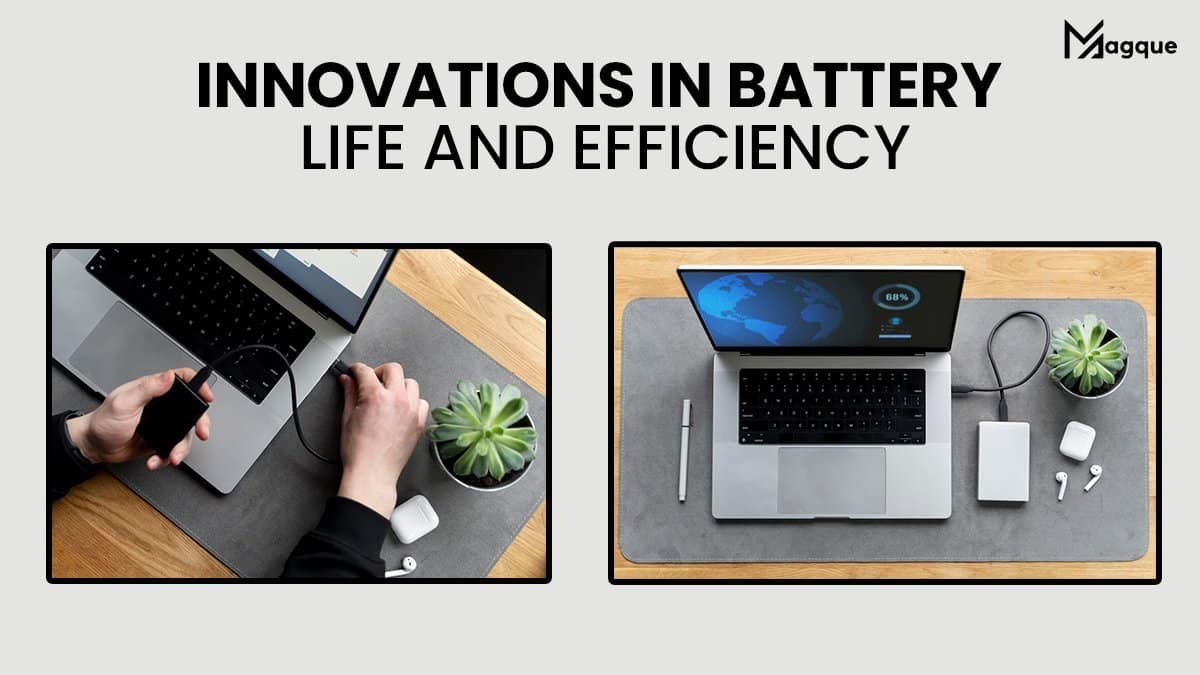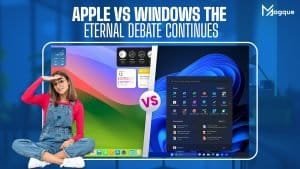Innovations in Battery Life and Efficiency: Powering the Future
Hey there, tech enthusiasts! Today, we’re diving into two of the most crucial aspects of our gadgets and gizmos: battery life and efficiency. Think about it – how often have you been in the middle of something important only for your device to give up on you? It’s frustrating, right? But fear not because innovation in battery technology is here to save the day!
The Rise of Energy-Dense Batteries
Imagine a world where your smartphone could last for days without recharge. Sounds like a dream? Well, with advancements in energy-dense batteries, it’s becoming a reality. These batteries pack a serious punch, storing energy in a smaller space. That means longer-lasting devices without the added bulk. It’s like fitting a powerhouse into the palm of your hand!
Revolutionizing Lithium-ion Batteries
Ah, lithium-ion batteries – the unsung heroes of our modern gadgets. But even heroes need an upgrade from time to time, right? That’s where innovations like solid-state batteries come into play. By replacing the liquid electrolyte with a solid alternative, these batteries offer improved safety, faster charging times, and increased longevity. It’s like giving your device a supercharged boost!
Harnessing the Power of Renewable Energy
But why stop improving battery life when we can make it more sustainable? Enter renewable energy integration. Imagine your smartphone charging not from a power outlet but from the sun’s rays or the wind’s gentle breeze. It’s not just eco-friendly – it’s downright revolutionary! By harnessing renewable energy sources, we’re extending battery life and reducing our carbon footprint one charge at a time.
The Future of Battery Technology
So, what does the future hold for battery life and efficiency? Well, the possibilities are endless! Researchers constantly push the boundaries of what’s possible, from graphene-based batteries to hydrogen fuel cells. One day, we’ll bid farewell to the days of continually hunting for power outlets and embrace a world where our devices are always ready to go.
In conclusion, innovations in battery life and efficiency are not just about convenience – they’re about shaping the future of technology. With energy-dense batteries, revolutionary lithium-ion advancements, and the integration of renewable energy, we’re on the brink of a power-packed revolution. So, here’s to longer-lasting devices, sustainable energy solutions, and a future where our gadgets never let us down! Cheers to the power of innovation! 
Frequently Asked Questions
Q1. What are energy-dense batteries, and how do they improve battery life?
Energy-dense batteries are a type of battery technology that can store more energy in a smaller space than traditional batteries. This innovation allows devices to run longer without recharge, ultimately enhancing battery life and user convenience.
Q2. What are solid-state batteries, and how do they benefit consumers?
Solid-state batteries are a next-generation battery technology that replaces the liquid electrolyte found in traditional lithium-ion batteries with a solid alternative. This innovation offers several advantages, including improved safety, faster charging times, and increased longevity, ultimately enhancing the efficiency and reliability of electronic devices.
Q3. How does the integration of renewable energy sources impact battery efficiency?
Integrating renewable energy sources such as solar and wind power into charging can significantly impact battery efficiency. By harnessing clean and sustainable energy, devices can be charged without relying solely on traditional power outlets, reducing environmental impact and extending battery life in the long run.
Q4. What role does graphene play in battery technology, and how does it improve performance?
Graphene, a thin layer of carbon atoms arranged in a hexagonal lattice, has shown promise in enhancing battery performance. Its unique properties, including high conductivity and surface area, make it an ideal material for battery use. Graphene-based batteries have the potential to offer faster charging times, longer cycle life, and increased energy density, ultimately improving overall battery efficiency.
Q5. What are hydrogen fuel cells, and how do they contribute to battery innovation?
Hydrogen fuel cells are electrochemical cells that convert hydrogen and oxygen into electricity, with water as the only byproduct. At the same time, hydrogen fuel cells are not technically batteries but offer a promising alternative for powering electronic devices, particularly in applications where long-range and rapid refuelling are essential. Their high energy density and zero-emission nature make them a potential game-changer in the quest for efficient and sustainable battery technology.
Read Also This:- Maximizing Battery Life: Tips and Tricks













